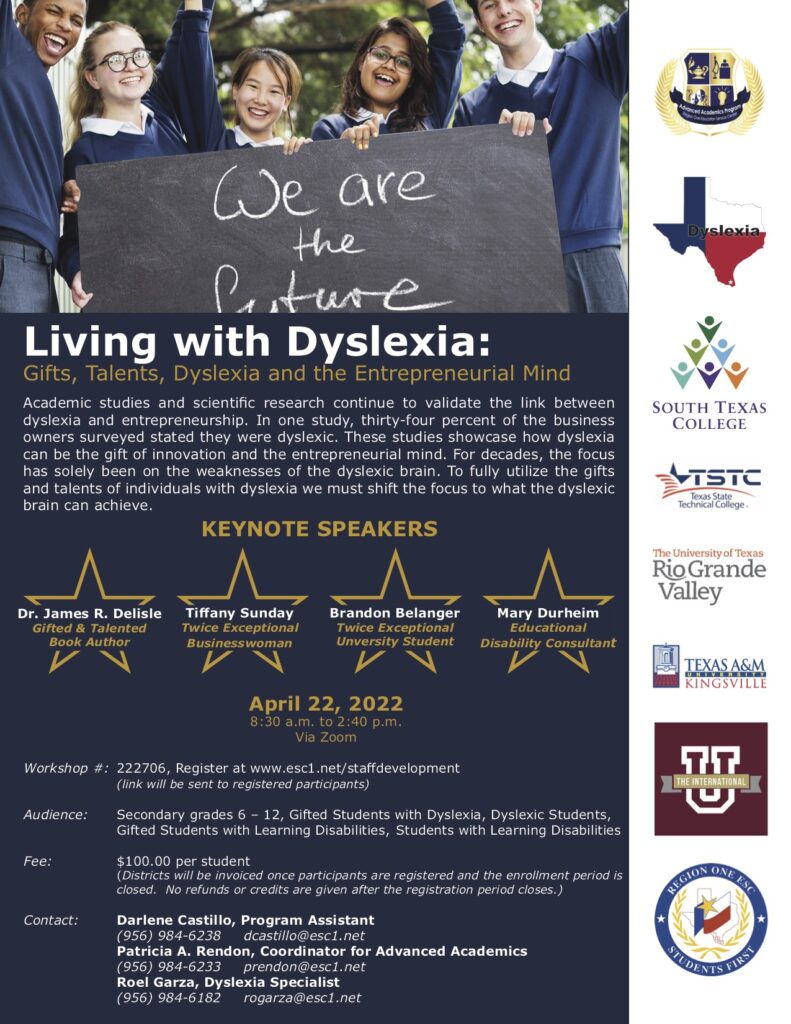
With the rapid acceleration of digital visual technology, video content surrounds us everywhere we go. As a result, individuals who possess visual thinking and spatial awareness skills have an advantage.
For individuals with dyslexia, visual thinking and spatial reasoning is both a skill and talent. All our thoughts and ideas appear in our minds, like movies. We can imagine an idea in 3D with a 360-degree perspective.
When we think about new ideas, we can often see the whole picture and how the idea will work. Currently, I am working on a fiction manuscript and see the book as a movie more than words on a page. My visual thinking skills enable me to see the book first, making it easier to write.
Once we have a lock on what we are creating, we back into the idea to transform thought into a tangible product. As a visual thinker, I rarely, if ever, read instructions for putting things together. Instead, I look at the IKEA box and then build it.
The downside of being a visual thinker is conveying what we see in our mind’s eye to others. We know the forest, the trees, and everything in the forest from top to bottom. Most of the time, we can envision all the details and have a gut on how our vision will work. Transferring our mental blueprint to others is always the most challenging part of the process, which is rarely a straight line. Instead, the process consists of squiggly movement as we test and build the idea. However, often, what we envision is created.
We Must See First
Being neurodiverse, I rely heavily on visual cues. However, when I receive too much visual information, I become overwhelmed, which is why I avoid clutter. Last month, I spoke with a group of college students, and we talked about how we had to “see it” to create it. Whatever it was, we had to see it. The group discussed dealing with research and term papers.
One of the students talked about their frustration as the professor did not provide a template or sample paper. As a result, the student had no roadmap to follow, which added to her frustration. For the past month, I have thought about our discussion and realized just how much time I spend seeking visual templates for my brain each day. If my dyslexic brain cannot see, it does not exist. Period.
Value of Spatial Reasoning and Thinking
With all the frustrations of finding templates, I would not trade the visual thinking and spatial reasoning skills my dyslexic brain possess. From my book research for, How Dyslexics Will Rule the Future, I concluded that visual thinking might be another form of human intelligence as information can quickly be conveyed through graphical images derived from our imagination. I also spoke about visual thinking during a podcast interview with Sean Douglas following the 2018 British Dyslexia Conference.
I believe this is why Einstein felt that imagination was more powerful than knowledge because he understood the importance of visual thinking.
